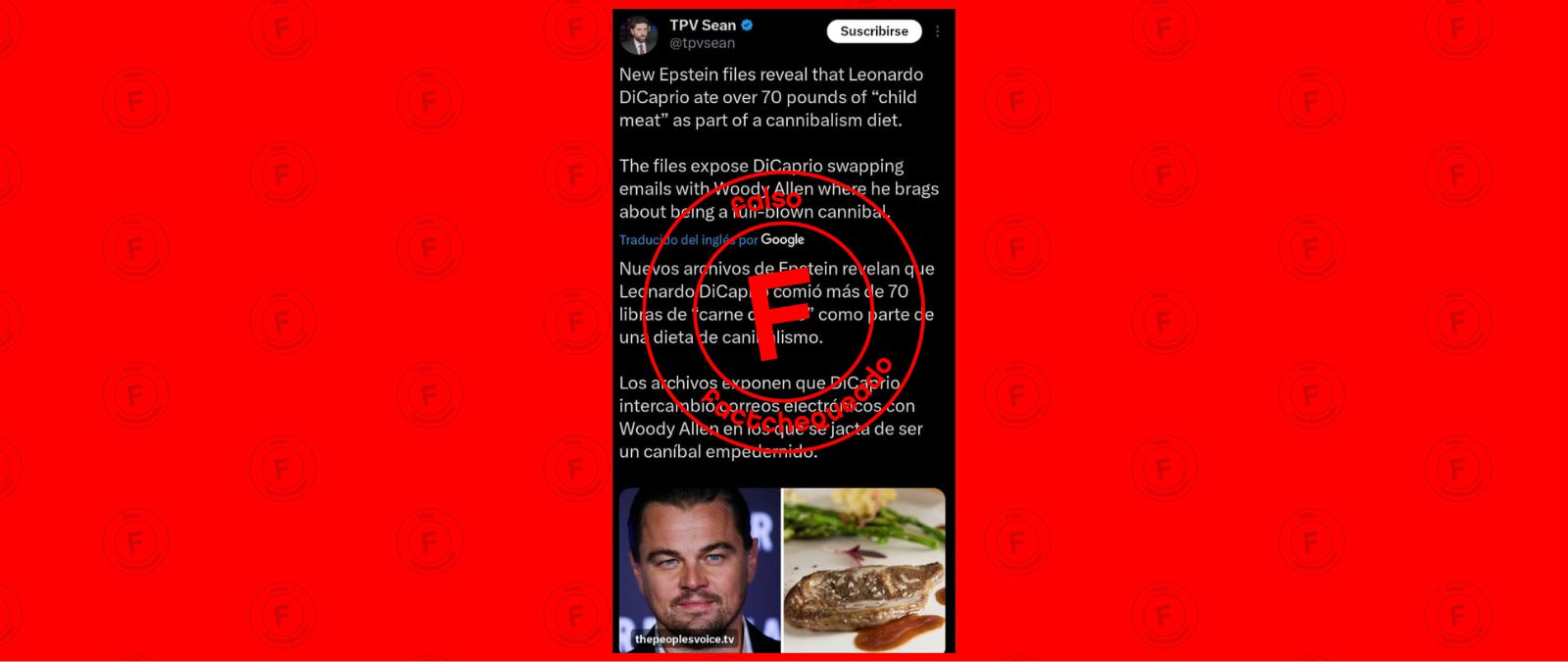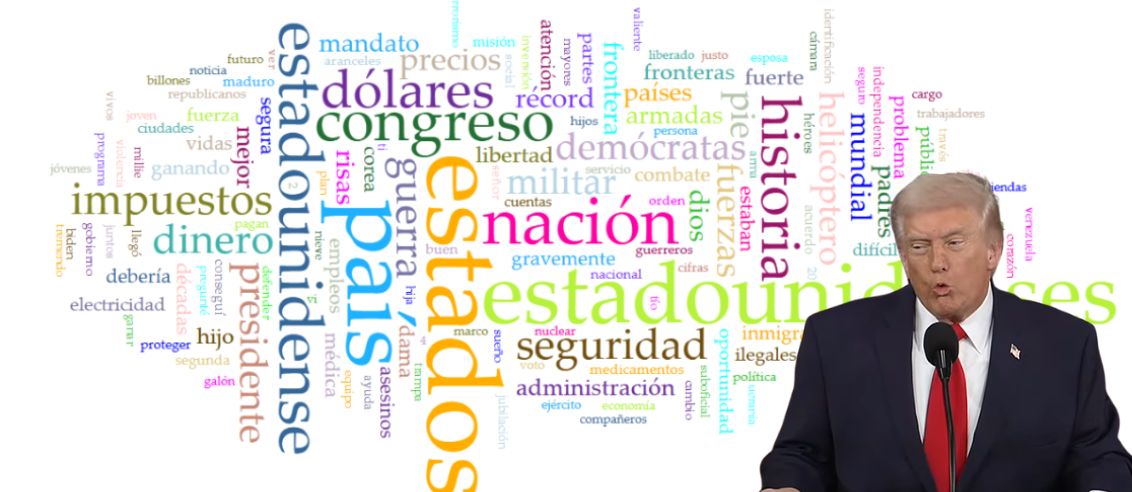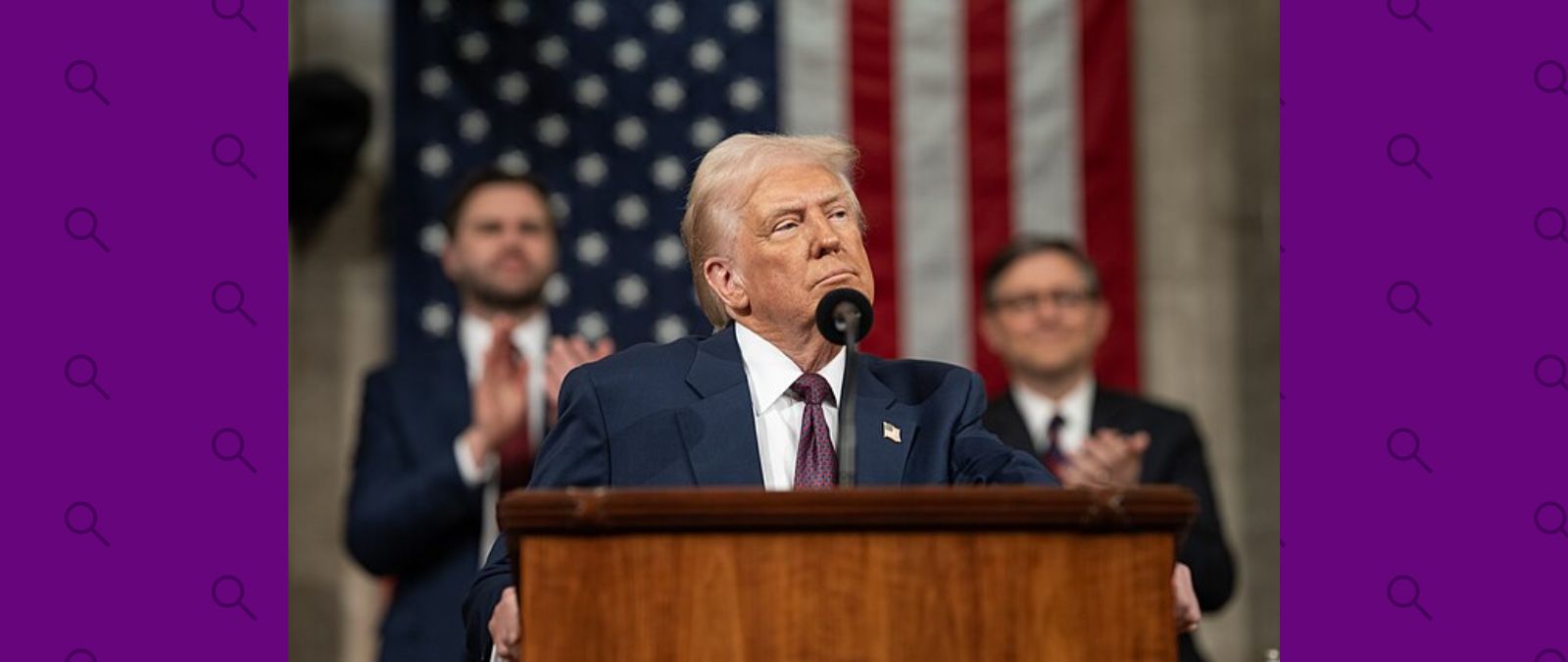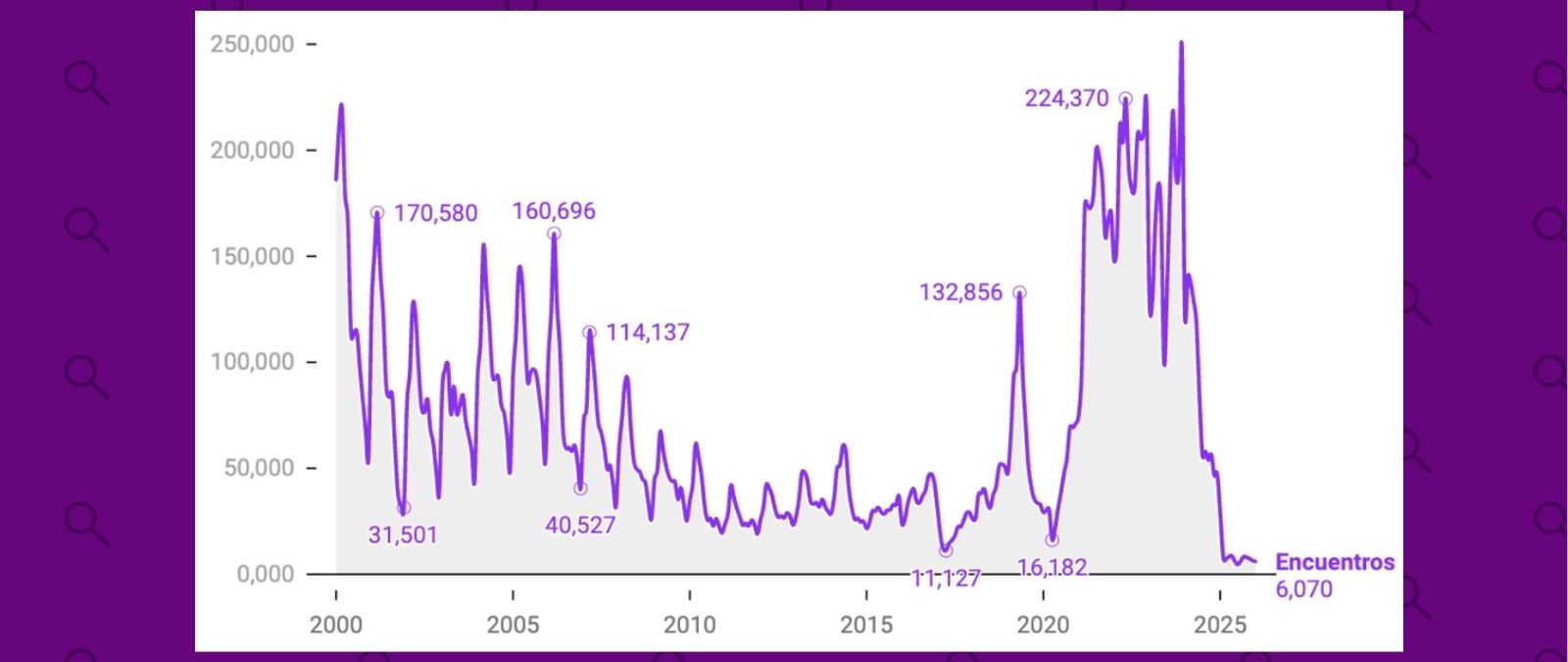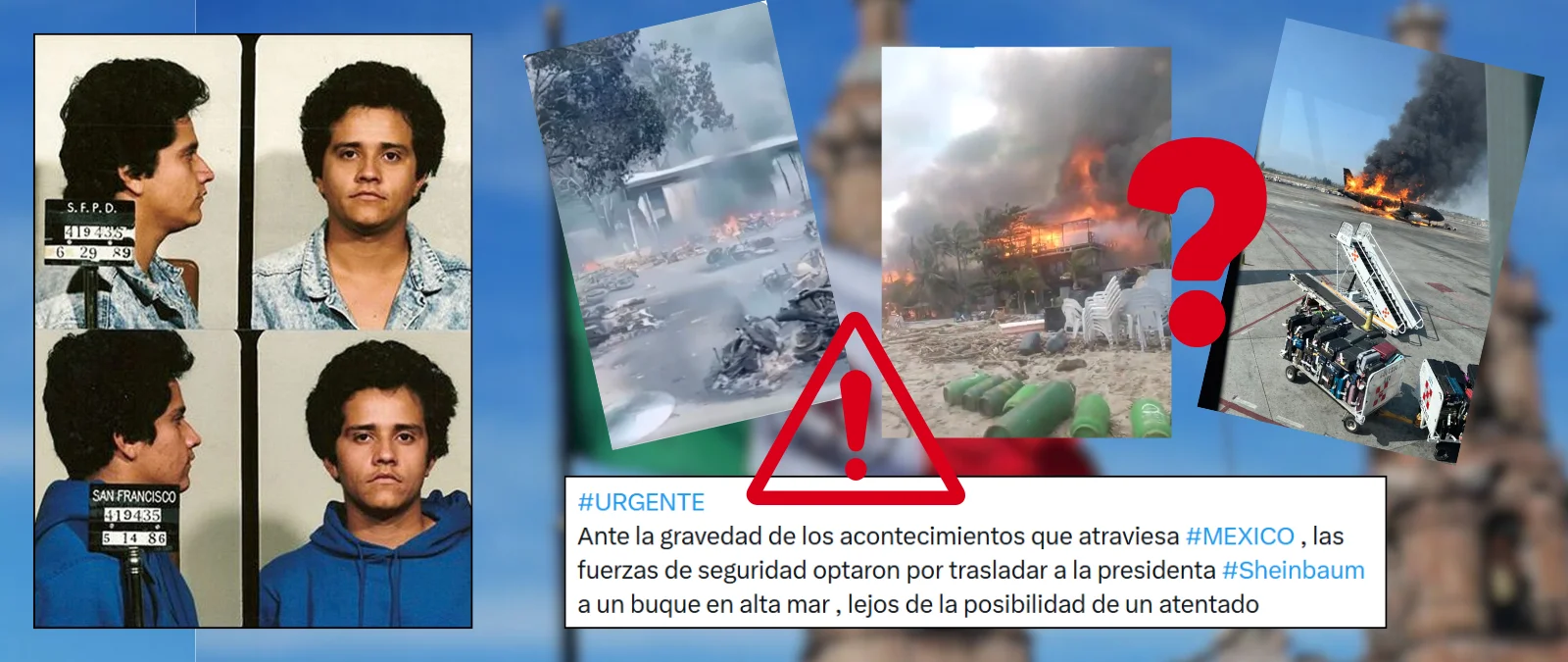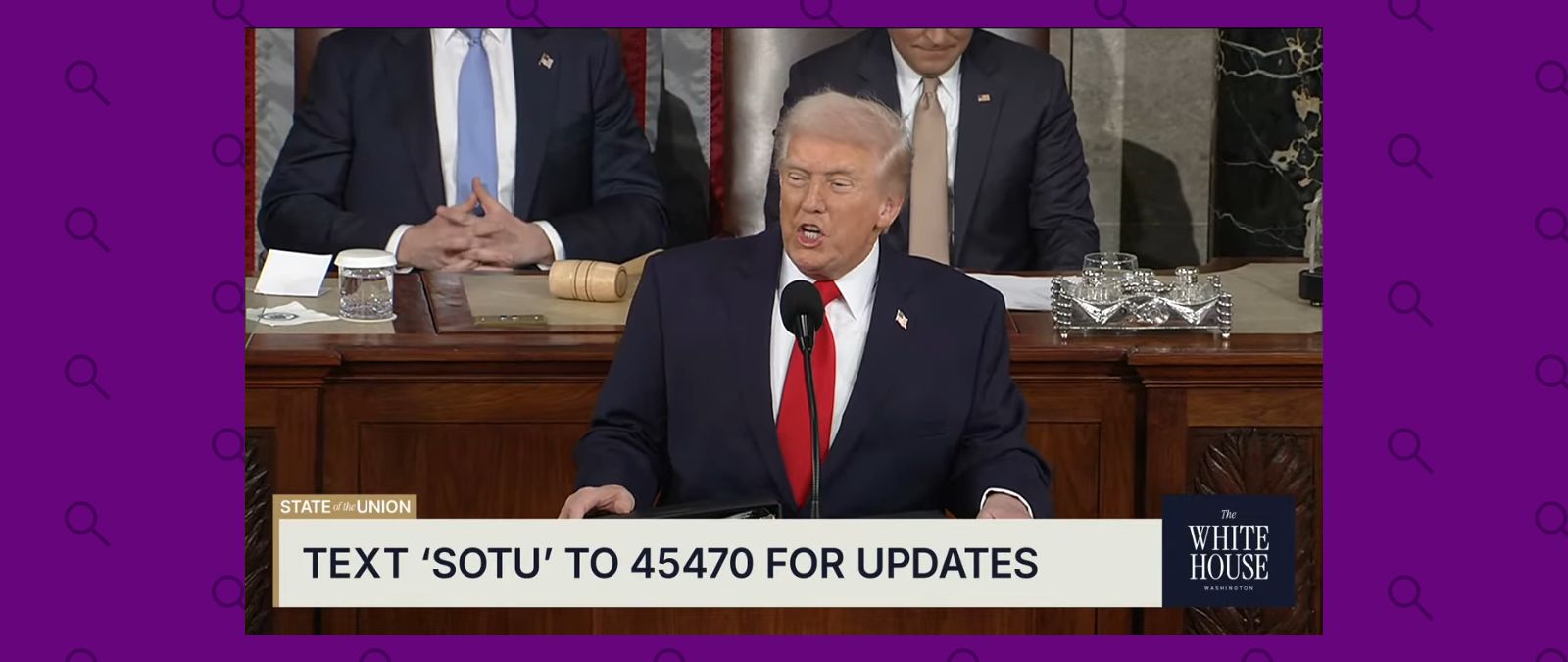The CEO and co-founder of Factchequeado, Laura Zommer, participated as a panelist in the United Nations (UN) Senior Management Group (SMG) session, led by UN Secretary-General António Guterres, on February 5, 2025.
She presented alongside Claire Wardle, professor at Cornell University and co-founder of First Draft; María Ressa, Nobel Peace Prize laureate and CEO of Rappler; and Nanjira Sambuli, scholar at the Carnegie Endowment for International Peace and board member of GESDA. Following their presentations, Melissa Fleming, UN Under-Secretary-General for Global Communications, moderated an insightful discussion.
The SMG meetings bring together more than 45 heads of key UN entities, such as UNICEF, UNESCO, WHO, and IOM, to address critical issues and policies. With the goal of informing UN leaders about the impact of disinformation risks and potential strategies for the organization’s response, the session covered trends and impacts of disinformation, as well as the role of social media platforms in either amplifying or curbing its spread.
Zommer discussed the current challenges to the integrity of the information ecosystem and the effective solutions Factchequeado is implementing to combat disinformation.
Below is her speech:
“Thank you for having me and letting me share my experience in improving the quality of public debate, access to information and fighting disinformation.
I spent ten years fighting misinformation in Latin America. I thought I had seen it all. I was wrong.
Since 2022, I've witnessed an explosion of false information targeting Latino communities in the United States. Spanish-language lies spread six times faster than English ones because they face almost no fact-checking. The attacks spread like wildfire through WhatsApp groups and social media feeds. They target our most vulnerable. They prey on fears about immigration. They discourage people from voting. They erode trust in democracy itself.
I will present some innovative and impactful solutions to address dis and misinformation – and while I am not naive or “the” most optimistic in this room, I don't allow myself to be pessimistic.
As Tom Rosenstiel of the University of Maryland noted in 2017: “Misinformation is not like plumbing, a problem you fix. It is a social condition, like crime, that you must constantly monitor and adjust to.” It also reflects the different cultures and operations set up by media companies, and by civil society and academic institutions in each country.
So the first idea that I want you to take home, is that even though we are never going to fully end the lies, disinformation and propaganda campaigns, we must continue increasing the cost of lying. We need to expose the liars and the actors who gain money or power from disinformation as much as we can, and teach, help and strengthen our communities to better deal with and navigate mis and disinformation with media literacy interventions. And to do so, we need support to experiment and improve our strategies on a daily basis.
We know that our work can play a powerful role in documenting and countering the effects of misinformation, increasing accountability and access to information, and -hopefully- restoring faith in reliable sources.
When Chequeado started in Argentina there were just 7 fact-checking organizations in the world: three in the United States, two in France and one in the UK. None in Latin America, Africa, Asia or Mena. Nowadays there are 446 active fact checking organizations around the globe, according to Duke Reporters´ Lab annual census. And 161 are now inactive, mostly because they had their funding pulled out from under them.
This attack on fact-checking is a tragedy. Because , we have enough evidence that fact checking works. It helps people think twice before sharing misinformation and so it flattens the curve of deception. We also know that pre-bunking strategies work. They fill information gaps and explain to people how the system of spreading lies works and how not to fall for it., That leads to a more informed society. But we also have ample evidence that our content does not reach people exposed to misinformation because big tech companies are designed to make money and not to spread the truth or the best available evidence. Even if we ethically agree to do so, we are never going to have enough money to invest to make our content as visible on social media, like bad actors do. So, what can we do then?
We have four mantras:
Extreme Collaboration
Building a Community- Centred approach
Experimentation (mainly on storytelling and civic tech)
Collect valuable data to better understand the phenomenon (and contribute to academics and policy makers)
I will give you some more details on each pillar of this strategy.
Disinformation is a global and a local phenomenon at the same time. Disinformation poses challenges on both global and local scales. To effectively address this, collaboration is not an option but a must. We need to establish teams, select partners, and design workflows that take both levels into account. By doing so, we can avoid duplication of effort and ensure our limited resources are used efficiently. Our focus should be on identifying the main disinformation narratives and reaching the people who need us most, in a timely manner, where they are. This is our main challenge and where our efforts should be concentrated.
Our model in Factchequeado includes a network of 120 media, grassroots, civic organizations serving Hispanic communities and universities distributed in more than 24 states. We have a one-hour weekly meeting to share the disinformation trends in each town, plus a hot line on WhatsApp to share urgent or super harmful content. This allows us to listen and better understand the needs of different communities. During 2025, we plan to add in a group of content creators or influencers into our model.
Some other models from around the world include collaborative interventions with electoral agencies, public health systems, schools, churches, content creators and also tech companies.
The community-centred approach is grounded in the need to listen and address real-time issues to better serve our communities. It ensures that we fill information gaps before bad actors can exploit them, while also promoting community resilience. To build community, there are many different strategies that have shown good results. Latino populations prefer to communicate and consume information on social media, so we developed a chatbot where people can ask us questions, suggest topics and learn critical thinking skills through games, challenges and innovative media literacy initiatives. We also continue to organize both in- person and virtual events to engage with our communities and better understand their needs. Harms online and offline are aligned and we need to understand the ecosystem.
Experimentation should always be a core component for anyone seriously dealing with disinformation. Finding new ways and formats to capture our audiences' attention is crucial. From memes to a show that teaches both cooking and fact checking, , we are trying to connect much more with people's emotions in much the same way bad actors do. Using AI and developing technology for good is another vital approach to tackle disinformation. At Chequeado, we began incorporating AI into our processes in 2016 to increase speed without compromising quality.
Finally, we are committed to gathering evidence and data that facilitate research for academics and inform policy decision makers. This work demands innovation and constant monitoring of the lie machine. What worked yesterday may fail tomorrow. We need resources to experiment, to adapt, and to improve. We need partners willing to invest in this fight and to raise the cost of lying. Because the cost of inaction? That's a price this democracy cannot afford to pay.”
Factchequeado is a fact-checking media organization combating mis- and disinformation in Spanish across the U.S. by building a community of partners nationwide. Would you like to get involved? Join the effort by sending content you would like verified to Factchequado’s WhatsApp: +16468736087 or to factchequeado.com/whatsapp.



